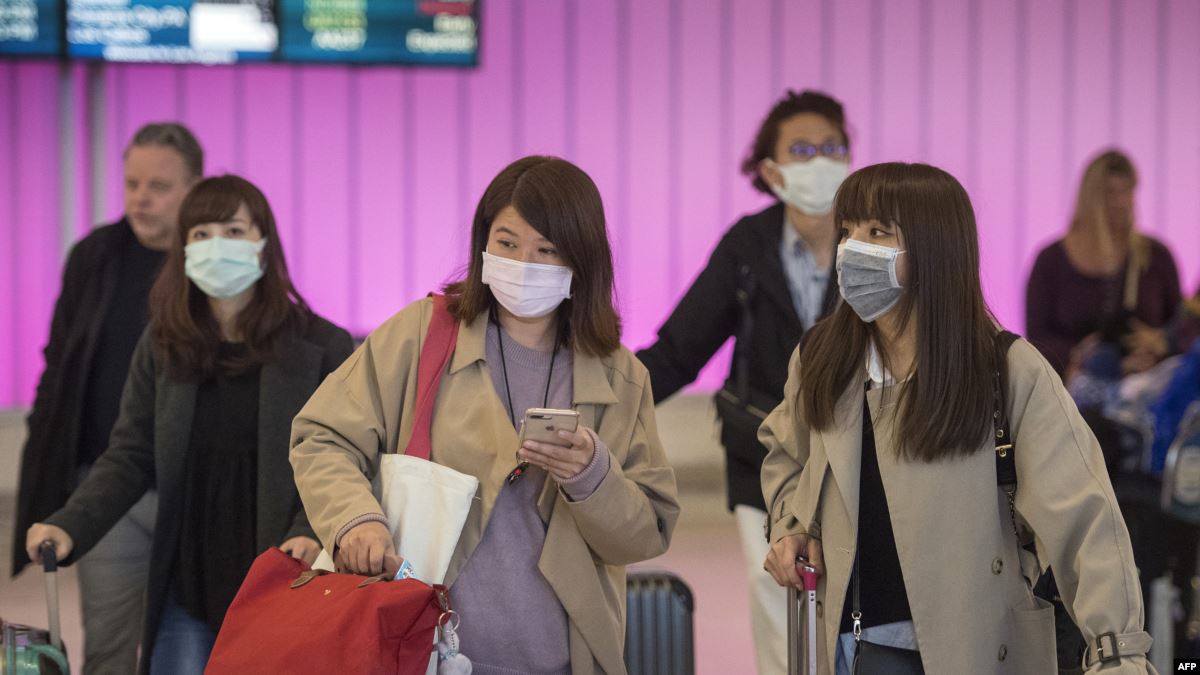Diarrhea is a common condition characterized by loose, watery stools that occur frequently. It can have various causes, and while it is often a mild and short-lived ailment, it can also be a symptom of a more serious underlying health issue. Here are some common causes of diarrhea and how to prevent it:

Common Causes of Diarrhea:
- Infections: Diarrhea is often caused by viral, bacterial, or parasitic infections. Contaminated food and water, as well as poor hygiene, are common ways to contract these infections. Common culprits include norovirus, rotavirus, E. coli, and salmonella.
- Food Poisoning: Consuming food that is spoiled or contaminated with harmful bacteria or toxins can lead to food poisoning, which often presents with diarrhea, nausea, vomiting, and abdominal pain.
- Traveler’s Diarrhea: Traveling to areas with different hygiene standards or consuming unfamiliar foods and drinks can increase the risk of traveler’s diarrhea. It’s typically caused by bacterial contamination of food or water.
- Medications: Some medications, especially antibiotics, can disrupt the balance of bacteria in the intestines, leading to diarrhea as a side effect. Other medications, like certain laxatives or antacids containing magnesium, can also cause diarrhea.
- Dietary Factors: Overconsumption of certain foods or beverages, especially those high in caffeine or artificial sweeteners, can irritate the gastrointestinal tract and lead to diarrhea in some individuals.

Preventing Diarrhea:
- Practice Good Hand Hygiene: One of the most effective ways to prevent diarrhea is to wash your hands thoroughly with soap and water before eating, after using the restroom, and after touching potentially contaminated surfaces.
- Safe Food and Water: When traveling or dining out, be cautious about the food and water you consume. Drink bottled or purified water, avoid ice made from tap water, and eat food that is thoroughly cooked and served hot. Avoid street vendors with questionable hygiene practices.
- Food Storage: Store perishable foods at the proper temperature and avoid consuming food that looks or smells spoiled. Refrigerate leftovers promptly.
- Vaccinations: Depending on your travel destination, consider vaccinations against diseases like cholera or hepatitis A, which can cause diarrhea. Consult a healthcare provider for advice on travel vaccinations.
- Medication Awareness: If you’re prescribed antibiotics, ask your healthcare provider about potential side effects, including diarrhea. They may recommend probiotics to help maintain a healthy gut flora.
- Dietary Choices: Be mindful of your diet, especially when consuming large amounts of new or unfamiliar foods. Moderation and a balanced diet can help prevent dietary-induced diarrhea.
- Avoid Overconsumption: Limit your intake of caffeine and artificial sweeteners, which can be gastrointestinal irritants for some people.
It’s important to note that if diarrhea persists for more than a couple of days, is accompanied by other concerning symptoms (such as high fever, bloody stools, or severe dehydration), or occurs in infants or the elderly, you should seek medical attention promptly, as it could be a sign of a more serious condition. In most cases, however, diarrhea can be managed and prevented through proper hygiene and dietary choices.
tag : Doctor visits hotels House call visit Clinic Phuket Doctor Phuket Iv drip Mayer ‘s cocktail Hang over drip Diarrhea Vomit Fever Stomach pain Laboratory center Urgent care 24/7 doctors Walk-in clinic Clinic near me in Phuket Karon beach Kata beach Patong beach Rawai 2023 September Trending Phuket


